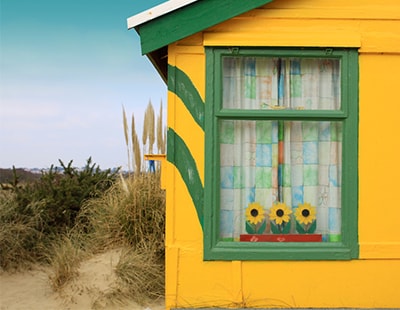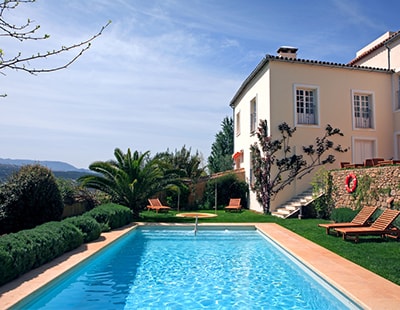
International interest in Montenegro property has doubled in the year since the country joined NATO, according to IM Property Group.
On 5 June 2017, Montenegro – a country of around 682,000 people which declared itself an independent state in 2006 – officially became a member of military alliance NATO. This, combined with a booming tourism sector, low interest rates and major investment in infrastructure, has helped to increase Montenegro’s popularity among property buyers.
Dusko Markovic, the Prime Minister of Montenegro, said at a reception to mark the country's accomplishments since becoming a full member of NATO that joining the alliance marked the entry of the country into ‘the community of the most developed countries of today and the beginning of a new era for Montenegro’.
He added: “The new Euro-Atlantic epoch means a lasting guarantee of the sovereignty and inviolability of our borders, and thanks to that, Montenegro is a stable, secure and safe country today.”
Milos Radmilovic, founder of IM Property Group, said change had also been felt in Montenegro’s property market: “It could be a coincidence but since Montenegro joined the alliance we have seen a significant increase in property buyers, especially those buying higher value properties and mid to large scale development sites. I think membership has certainly added to buyers' confidence in the country.”
In the last 12 months there has been significant investment in infrastructure such as roads and utilities, funded by the government and a number of joint ventures. The motorway connecting the coast with the Serbian border has been the largest investment of this type, believed to cost more than €800m for the first phase.
Meanwhile, a wave of foreign investment in large-scale tourism and hospitality centres – some opening this year and next – has been driven by government long-term leases of state-owned land.
Growing interest from international developers and investment funds has led to an increase in the sales of development land in the last year, according to Radmilovic.
Since declaring independence from Serbia and Montenegro 12 years ago, the country’s tourism sector has been massively boosted by increased awareness of the region and the major selling points it has to offer; not least its mountainous scenery and well-visited 300km long coastline. The tourism sector now accounts for some 20% of the country’s GDP, a rise of 9% even since 2017.
This growth in tourism has been assisted by the launch of several new flights from London and Manchester, while across Europe new routes to Montenegro have appeared in Stockholm, Oslo, Brussels, Milan and Barcelona.
What’s more, the property market is benefitting as a result of the growth in tourism. While property prices remain stable currently, they are expected to rise in the short-term as a result of low interest rates of 4% and the easy availability of mortgages offering up to 50% of a property’s value. Rental yields have also been pushed higher by increased occupancies, in part a result of the increasing number of flights and holidaymakers visiting the country and also a consequence of Montenegro’s burgeoning reputation as a digital and tech hub – which is attracting young people from across Europe to rent there.
Radmilovic says that approximately 70% of property purchasers have a budget up to €200,000. However, there is a sizeable proportion, around 10% of buyers, with a budget of more than €1 million. International interest predominantly comes from the UK, Turkey and the Middle East at present.
Once upon a time Russian buyers dominated the market, but there is now real mix of nationalities looking to purchase property in Montenegro, some of them coming as far as Singapore and South Korea.










.png)









Join the conversation
Be the first to comment (please use the comment box below)
Please login to comment